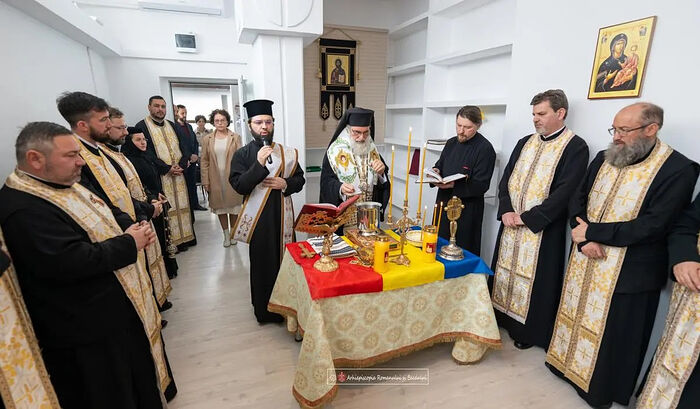As Pope Francis poured water over their feet, dried them with a towel and kissed their feet, 12 women inmates at Rome’s Rebibbia prison wept.
The pope celebrated the evening Mass of the Lord’s Supper March 28 at the women’s prison under a tent set up outside.
The 12 women whose feet were washed by Pope Francis during the liturgy sat on stools on a raised platform so the pope, who has difficulty walking, could wash their feet while seated in his wheelchair.
Many of the women were wearing warmup suits and were fidgeting as they awaited the pope. They included women from Italy, Bulgaria, Nigeria, Ukraine, Peru, Venezuela and Bosnia-Herzegovina. All are housed in the medium-security section, Vatican News reported.
Since it was Pope Francis’ first Holy Thursday visit to a prison with only women present, it was the first time as pope that he washed the feet only of women.
After Mass, he gave a large chocolate Easter egg to a little boy, the only toddler currently living with his mother in the prison, according to the prison director. Italian prisons have special units for mothers with children and the law allows women who are detained to keep their children with them until they are 3 years old.
Pope Francis has made a tradition of celebrating the Holy Thursday Mass at a prison or juvenile detention facility, often washing the feet of both men and women, whether Catholic or not.
And, keeping with his practice at the facilities, he gave only a brief homily, speaking without notes.
By washing his disciples’ feet, Jesus humbles himself, the pope said. “With this gesture, he makes us understand what he had said, ‘I came not to be served but to serve.’ He teaches us the path of service.”
The evening Gospel reading also included the line, “The devil had already induced Judas, son of Simon the Iscariot, to hand him over.”
Pope Francis told the women that Judas was incapable of love, and so “money, selfishness lead him to this horrible thing” of betraying Jesus.
But, the pope said, “Jesus forgives everything. Jesus always forgives. He only asks that we ask pardon.”
Quoting a “wise, old woman,” Pope Francis said, “Jesus never tires of forgiving, but we tire of asking forgiveness.”
“Today, let’s ask the Lord for the grace not to tire,” he said. “All of us have small failures, big failures — everyone has their own story — but the Lord awaits us always with open arms and never tires of forgiving.”
Before he washed the women’s feet, he encouraged the women to pray that “the Lord will make all of us grow in the vocation of service.”
The Vatican press office said about 200 people were present, including many seated outside the tent on the lawn. The prison director said 360 women are currently housed at the facility.
Archbishop Diego Giovanni Ravelli, the papal master of liturgical ceremonies, was the main celebrant at the altar.
Father Andrea Carosella, the main chaplain at the Rebibbia prison complex, told Vatican News that the women themselves invited the pope. “For them, the pope’s visit is a sign of his great attention to the prison reality and is a great encouragement.”
Pope Francis washing the women’s feet, he said, “is a sign of the mercy and love of God who goes out to meet the suffering and pain of humanity.”
Sister Maria Pia Iammarino, a member of the Franciscan Sisters of the Poor, told Vatican News that Pope Francis’ ministry to the women is a model.
In her ministry at the prison, she said, “I do not need to tell them that God loves them, but to be a witness of God’s love for them, to look at them with benevolence and acceptance without judgment. Then, when you have gained the trust of the inmates, you can add words.”
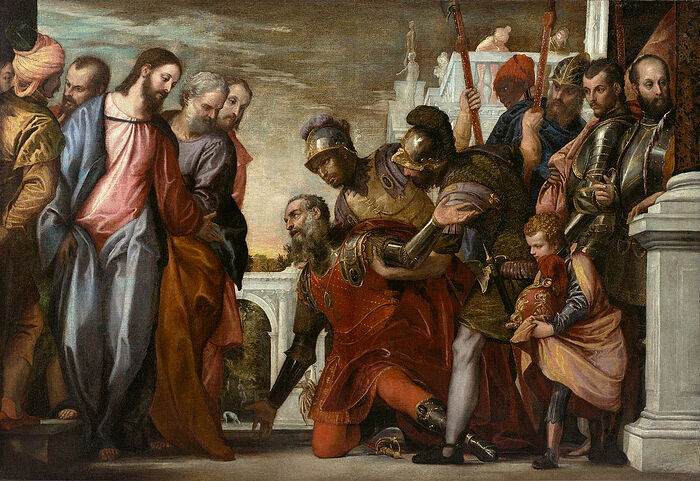
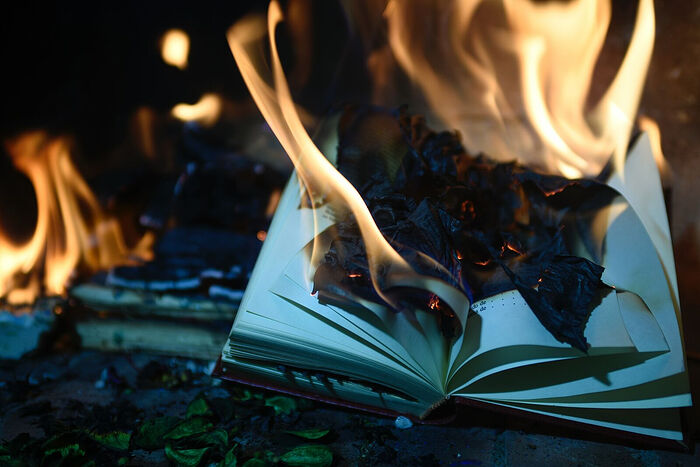
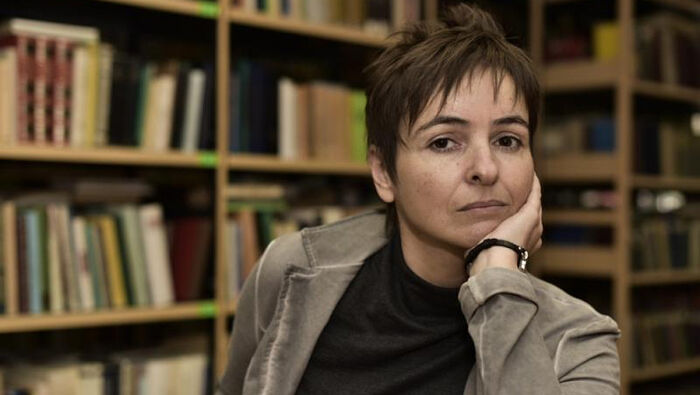
 Autumn Pilgrimage to Ohrid—the Balkan Jerusalem Despite the vicissitudes of historical fate, belonging at different times to different states, having known several centuries of Ottoman slavery and decades of the atheistic system, Ohrid has preserved many monuments of antiquity.
Autumn Pilgrimage to Ohrid—the Balkan Jerusalem Despite the vicissitudes of historical fate, belonging at different times to different states, having known several centuries of Ottoman slavery and decades of the atheistic system, Ohrid has preserved many monuments of antiquity.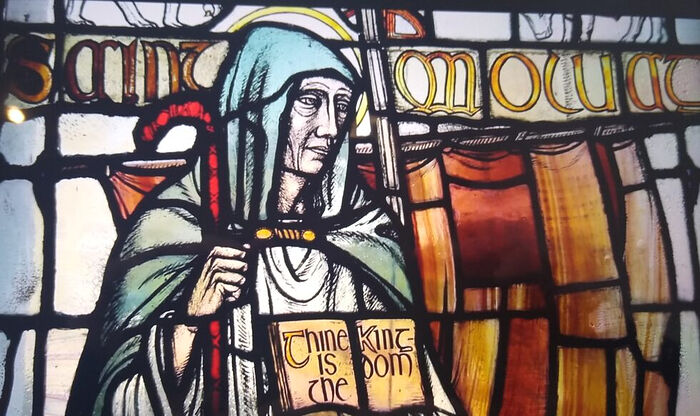
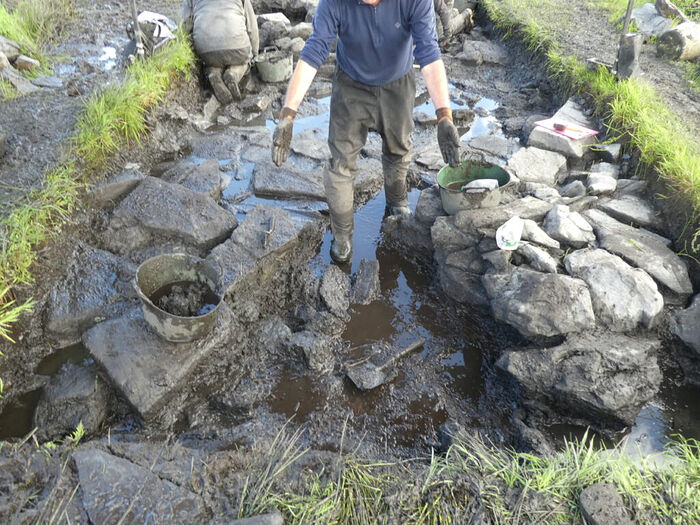
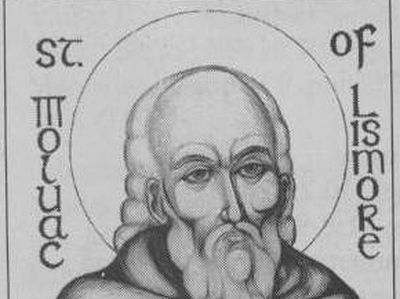 Saint Moluog of LismoreSt. Moluog was an Irishman destined to become one of the most venerated saints in Scotland. He was born in about 530 in what is now Northern Ireland to a noble family. His first monastery was Bangor in Ireland; and about the year 562 he crossed the Irish Sea and founded a monastery on the Scottish isle of Lismore.
Saint Moluog of LismoreSt. Moluog was an Irishman destined to become one of the most venerated saints in Scotland. He was born in about 530 in what is now Northern Ireland to a noble family. His first monastery was Bangor in Ireland; and about the year 562 he crossed the Irish Sea and founded a monastery on the Scottish isle of Lismore.
 Ukrainian Orthodox Church receiving pro bono defense from international law firmThe canonical Ukrainian Orthodox has enlisted the help of a major international law firm to protect its rights.
Ukrainian Orthodox Church receiving pro bono defense from international law firmThe canonical Ukrainian Orthodox has enlisted the help of a major international law firm to protect its rights. It was U.S. policy to destroy the Ukrainian Orthodox Church, says Church’s lawyerIn an interview published yesterday, Amsterdam reveals that his team recently learned from the Assistant Secretary of State under Trump that the destruction of the UOC was a point of U.S. policy, which involved former Ukrainian President Poroshenko and Patriarch Bartholomew of Constantinople.
It was U.S. policy to destroy the Ukrainian Orthodox Church, says Church’s lawyerIn an interview published yesterday, Amsterdam reveals that his team recently learned from the Assistant Secretary of State under Trump that the destruction of the UOC was a point of U.S. policy, which involved former Ukrainian President Poroshenko and Patriarch Bartholomew of Constantinople. UN again sounds alarm on violence against Ukrainian Orthodox people and churchesThe UN’s latest report covers the period from December 1, 2023, to February 29, 2024.
UN again sounds alarm on violence against Ukrainian Orthodox people and churchesThe UN’s latest report covers the period from December 1, 2023, to February 29, 2024.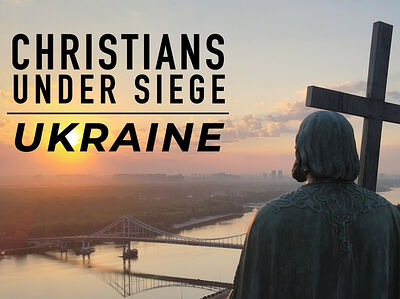 New site and video: Save the UOC (+VIDEO)A new website entirely dedicated to the tragedy of the persecution of Orthodox Christianity in Ukraine was launched this week, together with a short film.
New site and video: Save the UOC (+VIDEO)A new website entirely dedicated to the tragedy of the persecution of Orthodox Christianity in Ukraine was launched this week, together with a short film.